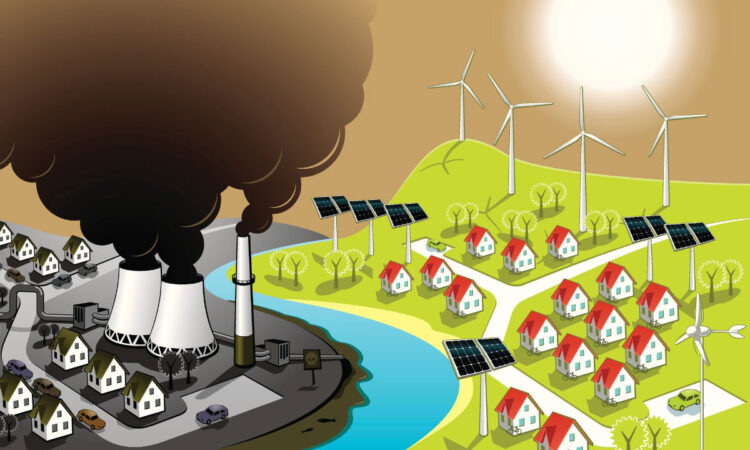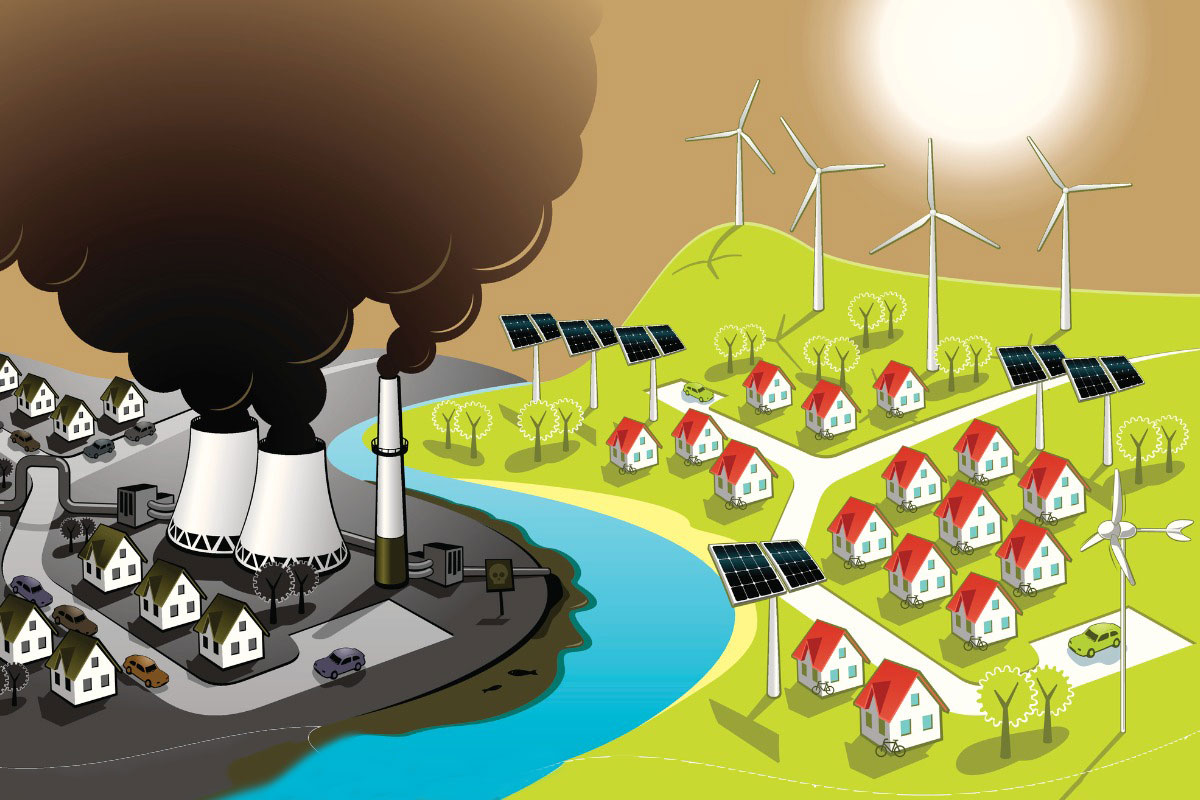

The Church of England’s pension fund is joining a proxy fight against energy giant Shell, contending that the company is backpedaling on its environmental initiatives.
The fund aims to vote against Shell Chair Andrew Mackenzie and 12 others running for board seats and to align the company with greenhouse gas emissions cuts outlined in the 2018 Paris Agreement.
Shell and the other European energy giant, BP, have pledged to reach net zero of greenhouse gas emissions by 2050. They are investing heavily in renewable energy sources, chiefly solar and wind power, and outpacing their U.S. rivals.
Yet the church body accused Shell of “maximizing short-term returns” by pumping more oil and natural gas in the interim, according to a statement on LinkedIn by Adam Matthews, the fund’s sustainability finance chief. Shell’s new CEO, Wael Sawan (promoted to head the company in January and part of the slate of directors up for a vote) has sent “signals” that it is upping production, Matthews charged.
“While this thinking may provide short-term dividends, it increases medium- to long-term risk for pension funds by making the transition less likely and more unstable,” Matthews wrote. The vote will occur at the company’s May 23 annual meeting.
In going against Shell, the church is joining forces with an activist group called Follow This, an environmentalist coalition that includes such others as Dutch pension advisers MN and PGGM. In previous years, the church pension board has sided with Shell against Follow This proxy challenges. Few believe Follow This, even if it flips the church pension board’s votes, will be able to prevail this proxy season, especially because Shell has posted spectacular returns.
A surge of demand due to Ukraine war disruptions has helped double Shell’s share price since Russia’s March 2022 invasion. Last year, revenue rose 50% and earnings increased more than 100%. For this year’s first quarter, it booked a record profit. The price of crude oil burgeoned at the outset of war talk in early 2022 and then eased back. Shell and others have offset that dip by pumping more oil and gas, along with their lucrative side businesses acting as energy traders for fuel they do not produce.
Shell, in opposing the proxy challenge, contended it was “making good progress” in the firm’s long-term green strategy. But the company has argued, in an official response, it would be foolish to cut back on meeting consumer demand, thus “handing over retail and commercial customers to competitors.”
Such a move would sap the company’s financial strength and “reduce Shell’s ability to play an important role in the energy transition” away from carbon-based fuels, it declared.
Related Stories:
ESG, Non-ESG Investing Returns Differ Minimally, Says Research Affiliates
DeSantis Signs Florida Anti-ESG Bill Into Law
ESG Themes to Be Aware of in 2023
Tags: Adam Matthews, Andrew Mackenzie, BP, Church of England, ESG, Follow This, Paris accords, Shell, Wael Sawan






